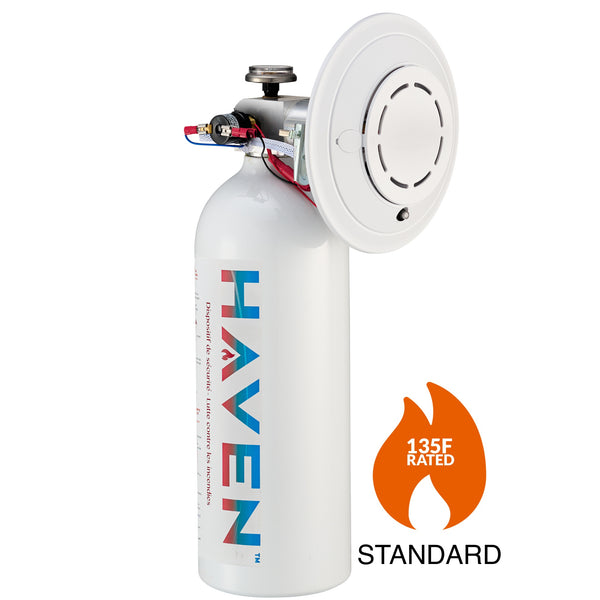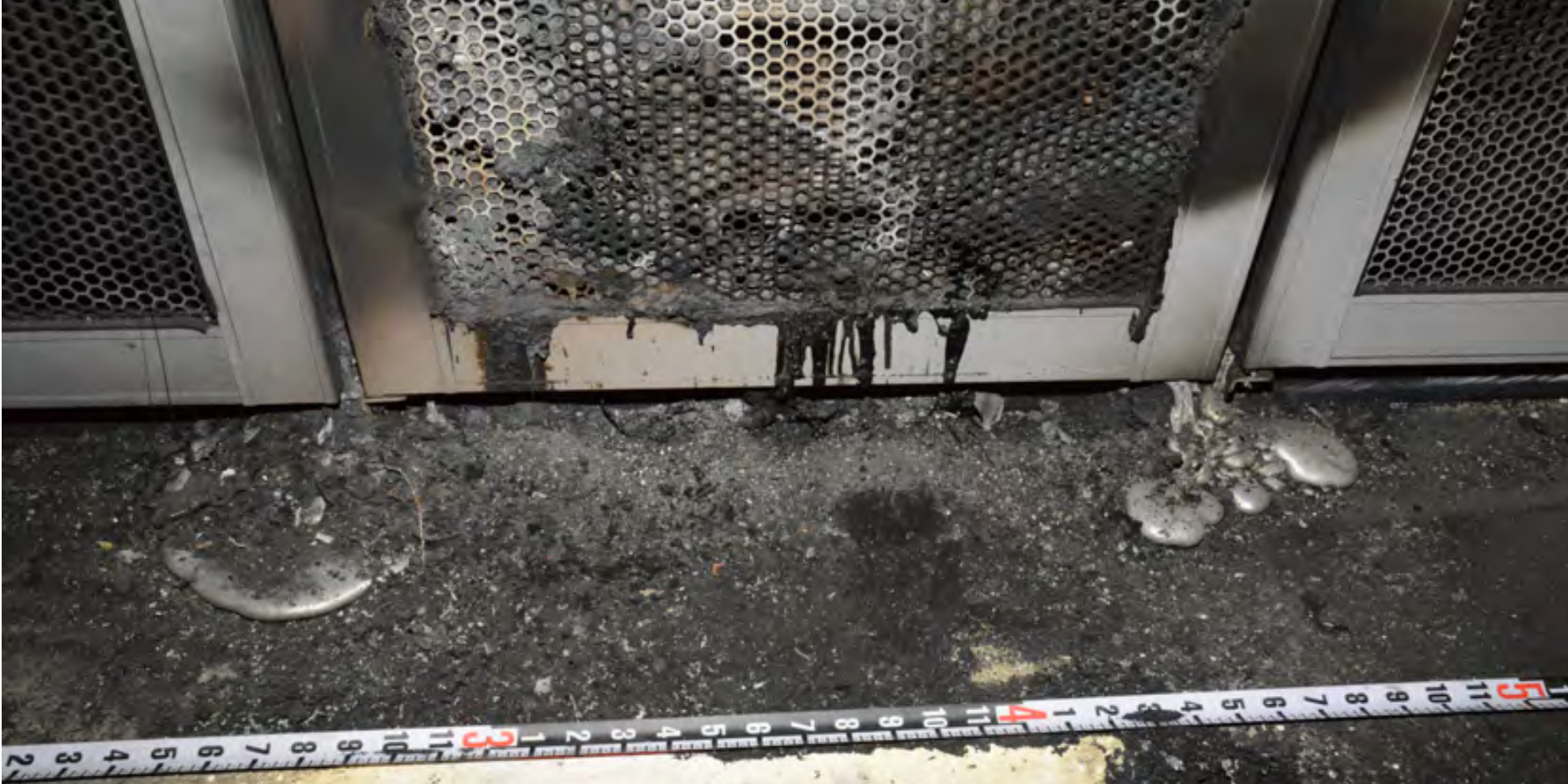SolarHead
50% of people are below average. (Its a statistic)
What do you all think of something like this in an electrical room that has inverter(s) and batteries ?

 havenfiresafety.com
havenfiresafety.com

HAVEN Fire Suppression Safety Device 135F - 57C Rated
The Haven automatic fire safety device is a 5-year set-and-forget fire safety device for your loved ones. The Haven provides a safe haven for you and your family by automatically discharging a heat-activated MSDS-safe super-fine mix of ABC dry chem at operating temperatures of 135 degrees...





